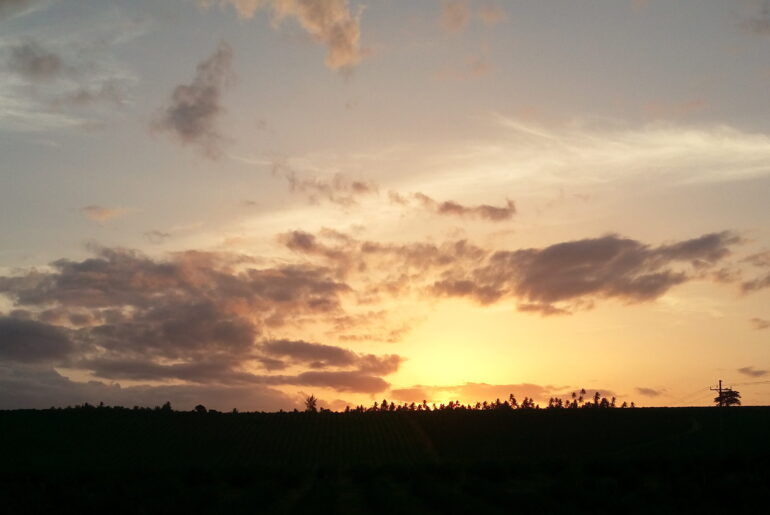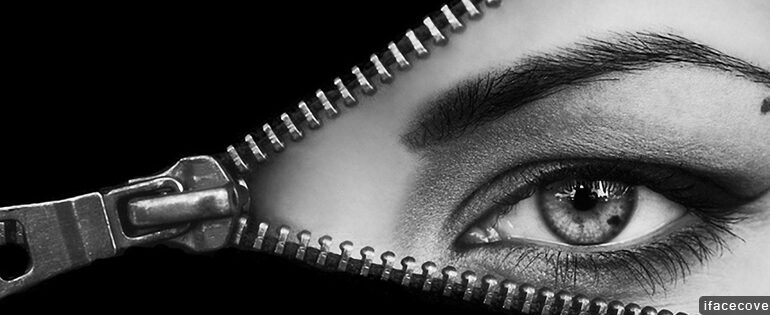This article (edited version) was first published on ‘Travel Log Magazine’ an insert of Standard Newspaper on 5/3/2020
With Muslims, everything works in a very organized, systematic way. There is a manual for everything; how to do it, when to do it, where to do it. Very detailed and straight forward. Now the struggle comes when you are out and about and applying your way of life sometimes seems like an impossible task.
There are common struggles every Muslim explorer (even just hanging out in your own locality) will relate to, whether they are from across the globe from us or just your next door neighbour. Here are a few:
- The empty-bottle carriers: One of the biggest struggles Muslims face while traveling, is having to walk around with an empty bottle because there is no water in the toilets. Thus, one of the essentials during packing is that empty bottle that you’ll use to fill in water at the toilet sinks, sometimes back and forth, to use for clean-up after the call of nature. It is quite amusing though. Don’t these hotels (and sometimes airports) know that Muslims are quite a majority as well? How then have they never thought of making it a better experience for Muslims?
Side note: Empty bottles because airports don’t allow passengers to have full water bottles. Otherwise, we travel with our small filled up bottles quite often.
- A little yoga: It is time for prayers so you go take ablution. In your mind though, you know too, it’s time for a little yoga. There is no proper area to take ablution except the sink and thus when it is time to clean your feet, you have to raise them up into the sink to wash them. This is in between staring at the door hoping that no worker will walk in and see you in what seems to be quite an uncivilized manner, at the same time hoping you do not hurt your hip while your leg being that high up. The struggle is real.
- Prayer room you ask? What’s that? : Ironically, even in Mombasa where we have majority Muslims, many hotels never think of providing this. Now Muslims mostly have to arrange their picnic times post prayers or in between prayer times because ‘we won’t get a private room or a clean place to pray.’ The only other options are: Either we go for the picnic and not pray the entire day or not go for the picnic altogether. Such a shame!
- Sometimes you get the advantage of having booked your own room and can pray in it. But because you can only afford a cheap hotel, the only space you have to pray is on top of your bed. Yes. There is not even enough space to place your small prayer mat on the floor. So you climb on your bed and now start thinking of which is the ‘qiblah’ (the direction Muslims face during prayers). You have no internet bundles to check a compass so you run about the place asking for any Muslim who can show you the qiblah or ask anyone who knows where North is (because North is the direction we face). You remind yourself to download the ‘Muslim-Pro’ app during your next adventure. Or perhaps should we call them misadventures?
Side note: Muslim Pro is an app that alerts the Muslim on prayer time, shows them the qiblah amongst other things.
- You crave meat. But can you afford to crave it? : You are at the restaurant. It’s a whole new environment for you. You don’t know the cultures of these people, so you ask, “Is this meat halaal?” The first waiter doesn’t know so they call another waiter. “Is this meat halaal?” You ask again, but no one seems to be sure. Or perhaps they don’t really understand what halaal is and why you want halaal meat so badly. After several attempts of trying to find out, you decide to order another meal altogether. So much for craving meat huh?!
Side note: Halaal means permissible according to Islamic law. Some meat is forbidden such as pork or birds of prey with claws. There is also laws on how the slaughtering should be done and what kind of animals to avoid entirely.
To be fair, we do have some locations that are religious-friendly and they try to make the experience as wholesome as possible. Meanwhile, we are enjoying our misadventures amidst our great explorations. When we finally get our perfect destinations, it’s over for you guys haha!








